Adverts
In the complex trajectory of human history, there are moments that transcend the mere narrative of the past; they are milestones that echo through the ages, shaping the fabric of society and influencing the course of our tomorrow.
In this article, I invite you to take a journey through the golden pages of historical events that not only defined who we are today, but also inspired the limitless potential of the future we crave.
Adverts
As we explore these events, it is essential to remember that history is much more than a succession of dates and facts; it is a testament to the resilience, creativity and hope that characterize the essence of humanity. They are the protagonists of these moments that connect us to our roots, challenge us to learn from the past and enable us to shape the common destiny of our earthly journey.
In a world often shadowed by narratives of conflict and despair, we choose to shed light on the moments of triumph, innovation and cooperation that defined the course of history. We will be together alongside visionaries, leaders and movements that, with courage and vision, defied adversity and, in doing so, opened doors to a new horizon of possibilities.
Adverts
Prepare to immerse yourself in a narrative that transcends time and space, celebrating humanity in its fullest expression of achievement and hope.
This is an invitation to reflect, be inspired and reconnect with the rich tapestry of events that unite us as a global family, propelling us towards a future of infinite promise and potential.
1. Renaissance:
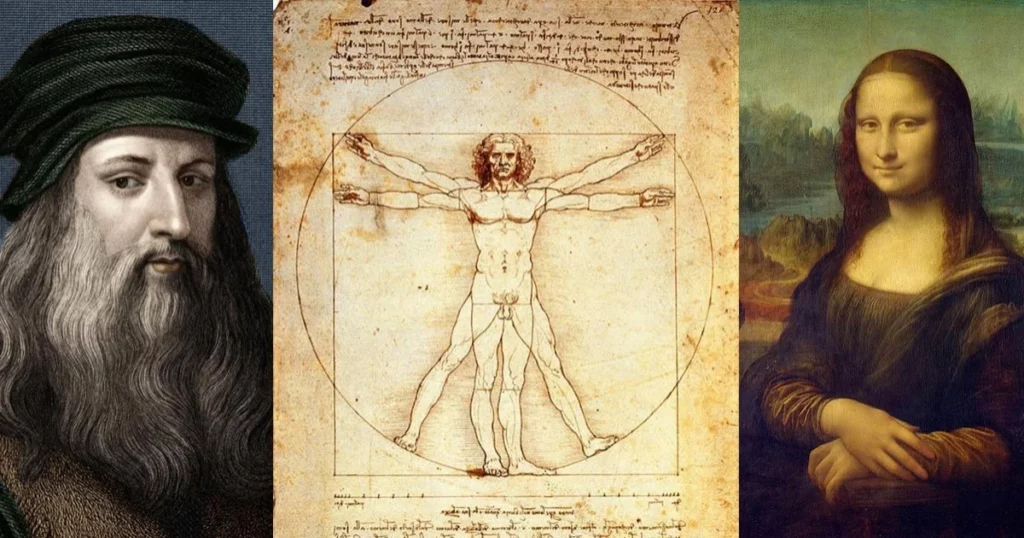
The Renaissance was a period of cultural and intellectual renewal that flourished in Europe between the 14th and 16th centuries. It was a time of rediscovery of the arts, sciences and philosophy of ancient Greece and Rome. Artists such as Leonardo da Vinci, Michelangelo and Raphael produced masterpieces that are still admired today.
The Renaissance also boosted the development of science and exploration, ushering in an era of discoveries and advances that transformed society and human thought.
2. Industrial Revolution:
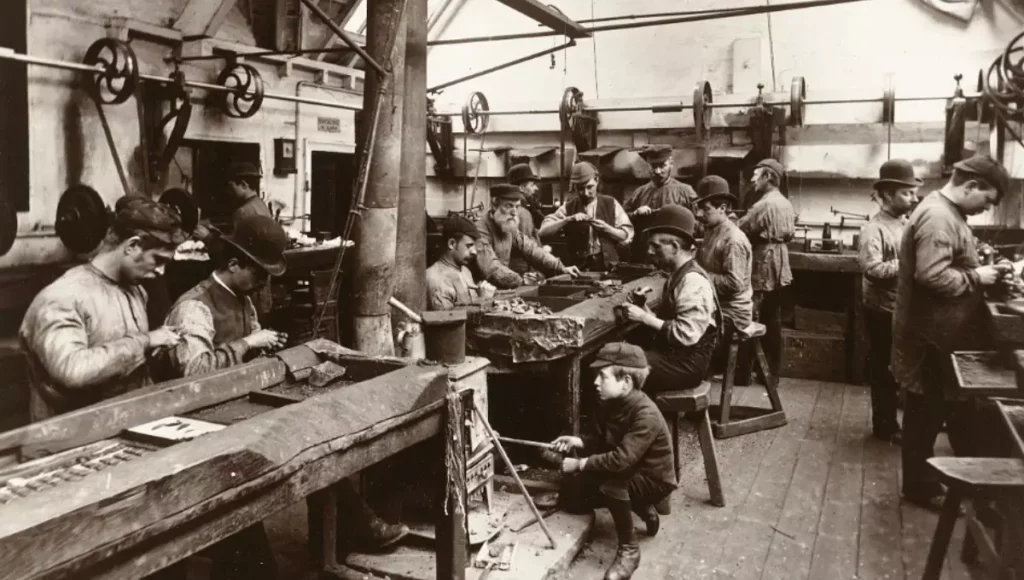
The Industrial Revolution, which began in England in the 18th century, marked the emergence of new technologies and production methods that revolutionized the way people lived and worked.
The introduction of the steam engine, the mechanization of textile production, and the development of new forms of transportation drove economic growth and urbanization. Although it faced social and environmental challenges, the Industrial Revolution paved the way for modernity and technological progress that shaped the modern world.
3. Universal Declaration of Human Rights:
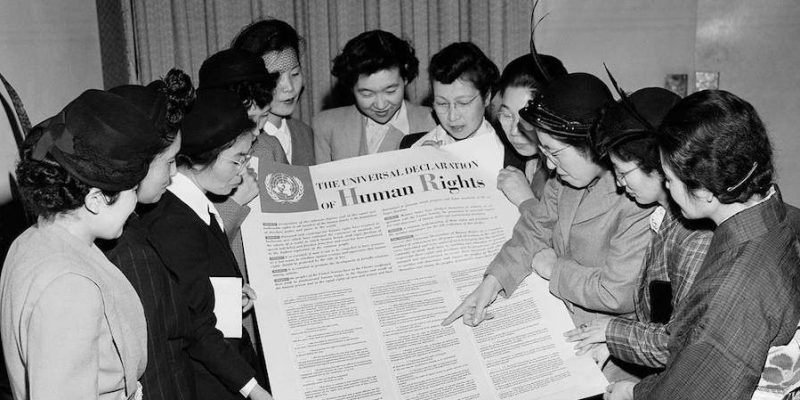
The Universal Declaration of Human Rights, adopted by the United Nations General Assembly in 1948, represents a historic milestone in the fight for human rights and the promotion of equality and dignity for all people.
The document establishes the fundamental rights that all human beings must enjoy, regardless of race, religion, sex, nationality or any other condition. The Universal Declaration of Human Rights continues to be an inspiration for social justice movements around the world, advocating freedom, justice and peace.
4. Arrival of Man on the Moon:
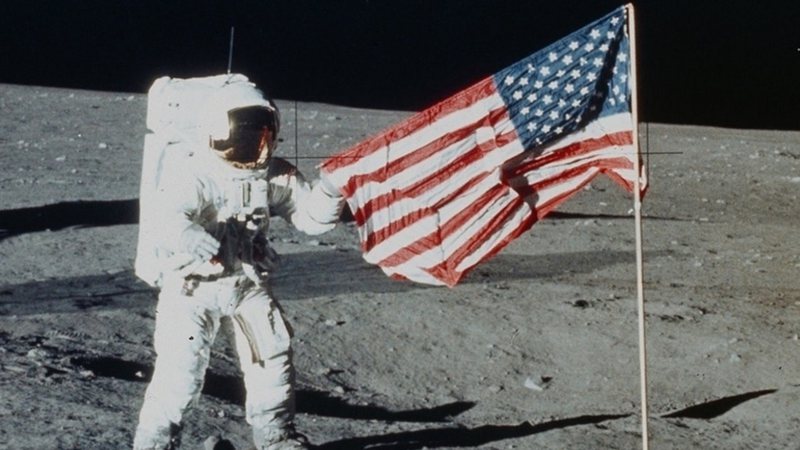
In 1969, humanity achieved an extraordinary feat by placing the first astronauts on the Moon. The Apollo 11 mission, led by NASA, represented the culmination of the space race between the United States and the Soviet Union. Man's arrival on the Moon not only demonstrated humanity's ability to overcome seemingly impossible challenges, but also inspired future generations to pursue space exploration and understanding the universe.
5. Fall of the Berlin Wall:
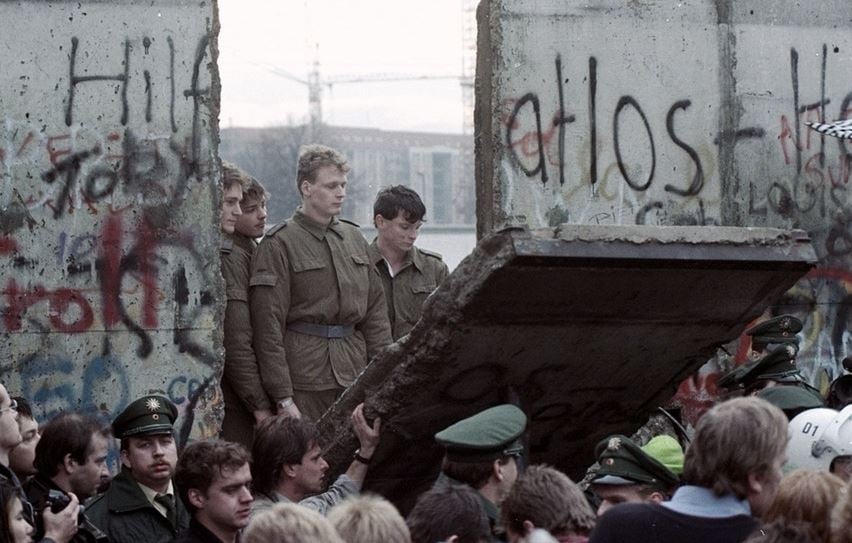
In 1989, the world witnessed a historic moment when the Berlin Wall, which had divided the German city for nearly three decades, finally fell. The fall of the Berlin Wall symbolized the collapse of the communist regime in Eastern Europe and marked the end of the Cold War. It was a time of great hope and celebration, reuniting separated families and paving the way for the reunification of Germany and the expansion of democracy in the region.
6. Green Revolution:

The Green Revolution, which began in the 1940s, transformed agriculture and food production around the world. Through the introduction of new seed varieties, chemical fertilizers, and irrigation methods, the Green Revolution dramatically increased agricultural productivity and helped alleviate famine and food shortages in many parts of the world. The legacy of the Green Revolution continues to influence modern agriculture and global food security.
Conclusion:
The historical events that shaped the future of humanity are testaments to the human spirit of innovation, collaboration and progress.
While we face significant challenges in our world, it is important to remember the moments of triumph and accomplishment that bring us together as a global community.
By celebrating these positive events and learning from them, we can continue to move toward a brighter, more promising future for all generations to come.




